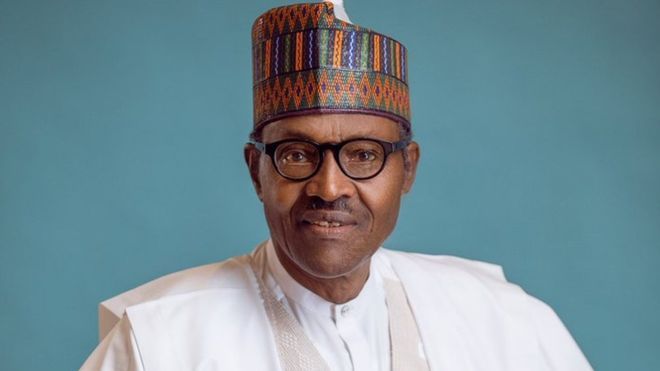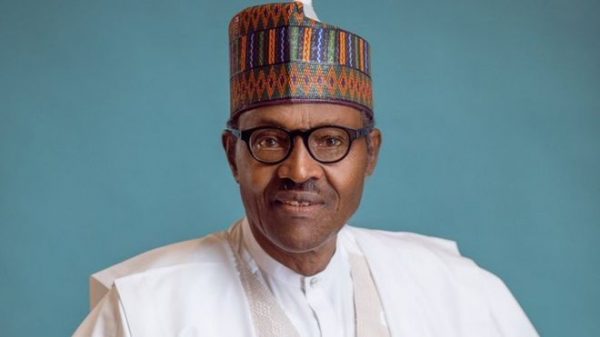President Muhammadu Buhari has sworn in the 43 cabinet ministers who have been screened and approved by the Senate. This took place on Wednesday the 21st of August 2019, six months after his election.
While some loyalists of the President have since praised the ministerial list as the best path to Nigeria’s development, critics have come to flay the person of the ministers and the manner in which the ministerial slots were allotted. Since the onset of the screening, pundits have also relentlessly called out the common practice of Nigerian presidents for failing to attach portfolios to the names of ministerial nominees sent to the Senate. The politicking behind the secrecy of attaching portfolios was evident on Wednesday as the President read out the names and the portfolios attached to each minister. The expression on the faces of some ministers showed that they had no idea of where they were being allocated.
Moreover, there is a seeming vivid imbalance in the allocation of important portfolios to the ministers. This is informed by Pan-Yoruba socio-cultural group Afenifere and the Ohaneze Ndigbo, who have condemned and tagged this as lacking in the principles of Federal Character. Five ministers: Rauf Aregbesola, Sunday Dare, Niyi Adebayo, Lai Mohammed and Babatunde Fashola, were appointed from the six-state Southwest region.
On one hand, there were a total of seven female ministers out of which four held senior positions in their ministries while the other three assumed a junior position of ‘Minister of State.’ In effect, this would mean that women only took 4 out of 30 senior ministerial slots. This is a record low when compared to the 33% which former President Goodluck Jonathan appointed in 2011. The 7 women ministers out of a total (senior and junior) of 43 represent 16% of all the slots. In the year 2000, when the National Policy of Women was adopted, at least 30% of slots were reserved for women under the affirmative action guidelines of the policy. Therefore, it is seen that an unfavourable precedent is continued to be set by Buhari in terms of gender equity in his cabinet.
Comparatively, among the senior ministers, only 5 – comprising Rauf Aregbesola, Sunday Dare, Niyi Adebayo, Lai Mohammed and Babatunde Fashola are from the six-state Southwest region, while other Northern regions had a greater representation at the most important ministries. The Northwest, comprising Jigawa, Kaduna, Kano, Katsina, Kebbi, Sokoto and Zamfara States, has the highest number of ministers, all of which received senior portfolios. The same ministerial slot statistics, as of the South-West’s, applies to the South-East region.
In addition, when Rauf Aregbesola was asked by newsmen how prepared he was to take over the Ministry of Interior which he was allocated, he simply responded that all he knows about the Ministry which he has assigned was what he has been hearing in the news and that he will allow the Permanent Secretary run the ministry’s affairs for a while. This to some seemed like squeezing square pegs into round holes.
With the urgent need for development in Nigeria, some Nigerians are more comfortable with the allocation of ministerial slots to technocrats, distributed according to their expertise/experience as against career politicians. Their concern is that if more career politicians continue to populate ministerial slots, the farther away from the country stray from much-needed meaningful progress.
The opposition, People’s Democratic Party did not hesitate to throw jibes at the president’s cabinet ministers and the ministerial allocations:
“The list has further shown President Buhari and APC’s insensitivity and disdain for Nigerians and it does not in any way reflect their hope and eagerness for a better Nigeria.”
Notwithstanding, transformational leadership stands a the helm of developmental strides that Nigeria and Nigeria envisages. The hope is that under the Buhari-led administration, the next few years would be testimonial.
Sources:
Legit NG
Punch NG
Featured Image Source: New Dawn Nigeria


